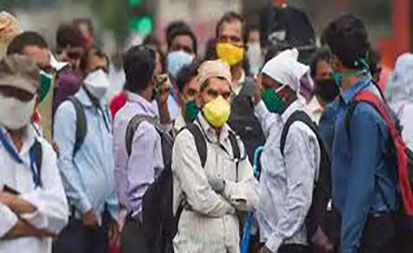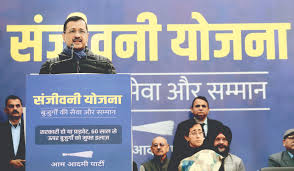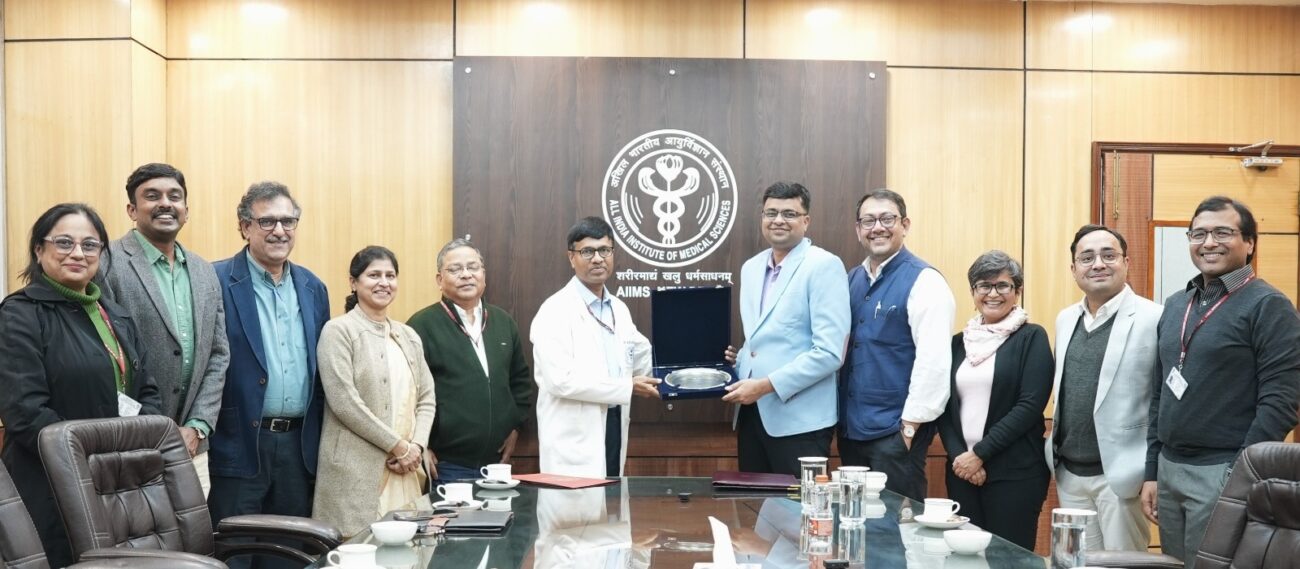More young people getting infected in current wave of COVID-19 in Delhi: Experts
More young people, especially in the 30-50 age bracket who go out for work, are seemingly getting infected by COVID-19 amid its current wave in the national capital, say experts. While the country is going

More young people, especially in the 30-50 age bracket who go out for work, are seemingly getting infected by COVID-19 amid its current wave in the national capital, say experts. While the country is going through the second wave of COVID-19, Delhi is reeling under the fourth wave of the pandemic, with cases escalating at an unprecedented rate. Some doctors say that the reason for a large number of people getting infected this year vis-a-vis last year could be that the “virus has mutated” and the current strain is more infectious than the one in circulation previously.
“The younger population goes out and works, uses public transportation and hence, has more chances of coming in contact with others. Many people are still not wearing masks or maintaining social distancing, which has contributed to the rise in cases,” said Suranjit Chatterjee, a senior consultant at Apollo Hospitals here. The doctor, however, said the number of deaths is still much lower, compared to what was recorded during the previous waves in Delhi in June, September and November last year.
Chatterjee, who is a COVID survivor, said doctors in their 40s and 50s and other healthcare workers, much younger, say in 30s are getting infected in the current wave, despite most of them having received the two vaccine jabs. Thirty-seven doctors at the Sir Ganga Ram Hospital here have tested positive for COVID-19 and five of them were hospitalised. Many of them had taken both doses of Covishield vaccine, hospital sources said on Thursday.
Delhi Health Minister Satyendar Jain had recently told reporters that it seems younger population was getting afflicted more by the coronavirus in the fourth wave of the pandemic here. Delhi recorded 7,437 fresh cases of COVID-19 on Thursday, the highest single-day surge this year, while 24 more people died due to the coronavirus infection, taking the death toll to 11,157, according to the city health department.
The positivity rate also mounted to 8.1 per cent from 6.1 per cent a day before, amid a massive spike in cases in the span of the last few weeks. This is also the first time that over 7,000 cases have been reported in a day this year. On preceding two days, the cases count had stood above 5,000. The highest single-day spike in Delhi till date — 8,593 cases — was reported on November 11, while on November 19, the city recorded 131 COVID-19 deaths, the highest single-day fatality count till date.
Richa Sareen, Consultant, Pulmonology and Critical Care Medicine, Fortis hospital here, said, “Given the pace of spread, it definitely seems there is a different variant in circulation and it is more infectious than the previous one”. She said more younger people were getting infected as they are going out, socialising, partying or travelling, which increases the chance of getting infectedwhile the elderly are preferring to stay indoors and most of them have been vaccinated.
Delhi government on Tuesday imposed a night curfew in the national capital from 10 pm to 5 am till April 30, after reports that many people were holding parties and social gatherings. A senior doctor at the Delhi government-run Rajiv Gandhi Super Speciality Hospital, which has been turned into a fully COVID-19 hospital again, said about 200 patients are currently admitted, mostly elderly. “Younger population is getting afflicted too, but as they may be having mild or no symptoms, they are being home isolated. One nurse and a police personnel, who were on COVID vaccination duty at our hospital, have also contracted the virus, and currently home quarantined,” he said.
Jain on Wednesday had warned that the new cases “could cross” the last single-day spike record registered in November, given the pace of the spread of infection. So far, a UK strain, Brazil and South African variants have been reported in Delhi. In last week of March, when cases had started to spiral up in the country, the Union health ministry had said the new “double mutant” variant of SARS-CoV-2 was detected in Delhi, Maharashtra and some other places in addition to the three “variants of concern” — first noticed in the UK, South Africa and Brazil — that have been found in at least 18 states and union territories.
India registered a record single-day spike of 1,31,968 new COVID-19 cases on Friday, pushing its infection tally to 1,30,60,542, while the death toll increased to 1,67,642 with 780 more fatalities in a day, highest since October 18, the Union Health Ministry data showed.






